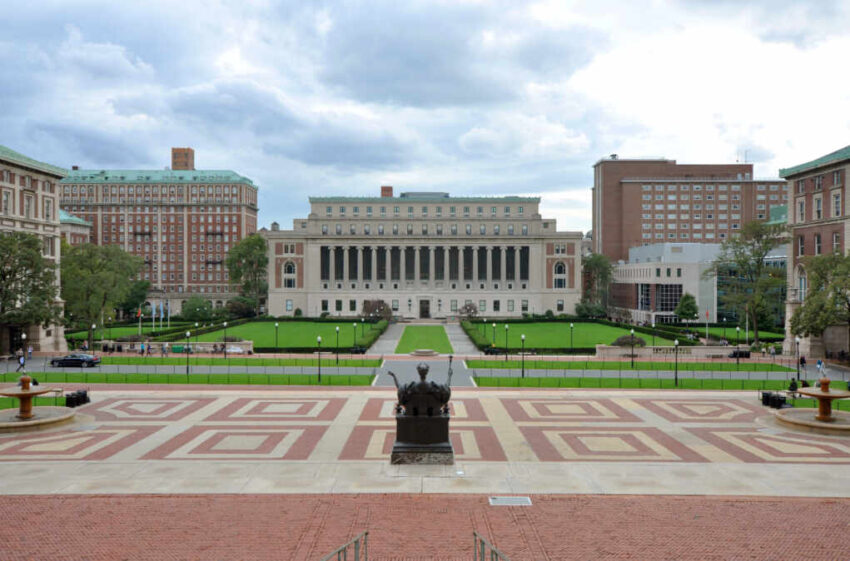Columbia University has agreed to pay 221 million dollars to resolve federal investigations into antisemitism and civil rights violations, marking a pivotal shift in how higher education may be regulated under federal authority.
At a Glance
- Columbia agreed in July 2025 to pay 200 million dollars over three years, plus 21 million dollars for alleged employment discrimination by Jewish staff, settling antisemitism claims
- In March, the Trump administration had frozen 400 million dollars in federal research funding over Columbia’s handling of pro‑Palestinian protests
- This is the largest antisemitism‑related settlement in U.S. history, according to federal officials
- Columbia has accepted sweeping reforms: restructuring disciplinary systems, ending race‑based DEI programs, tightening international student monitoring, and revising protest policies under independent oversight
- Other elite universities including Harvard and Princeton remain under scrutiny by the Department of Education
Columbia’s Settlement Sets New Paradigm
Facing escalating federal pressure after widespread pro‑Palestinian protests in spring 2024, Columbia University entered negotiations to restore frozen funds. Acting president Claire Shipman emphasized the settlement was needed to safeguard research grants and international student visas while maintaining institutional autonomy. Columbia did not admit wrongdoing, but acknowledged concerns from Jewish students and staff about campus safety and discrimination.
Watch a report: Columbia agrees to pay 221M in settlement with Trump administration
This agreement entails structural changes: the university will overhaul its disciplinary process—centralizing authority in administrators, eliminate DEI mandates, adopt the federal government’s antisemitism definition, and accept transparency demands for admission and hiring data. A federal monitor will oversee compliance, though Columbia insists academic content and hiring decisions remain its own.
Implications: Redefining Federal-University Relations
The deal is widely viewed as a template for federal intervention in higher education. As Education Secretary Linda McMahon heralds it as a roadmap, institutions like Harvard face mounting pressure to comply with similar demands—or challenge them in court. Critics, including faculty and civil liberties groups, warn it sets a precedent of government leverage over academic governance and speech.
Some Jewish student leaders expressed dissatisfaction, claiming the settlement amounts to appeasement rather than accountability. Meanwhile, faculty critics have described the concession as a politicized shakedown. Others, including former policymakers, see the agreement as a necessary recalibration of accountability in federally funded institutions.
Federal monitoring, while ensuring compliance, may also affect free speech, protest rules, and foreign student protections—raising complex debates about the proper balance between civil rights enforcement and academic freedom.
In sum, Columbia’s 221 million dollar settlement is more than a one‑off resolution—it signals a shift toward heightened federal oversight, potential replication across other universities, and a redefinition of campus governance in politically charged times.
Click this link for the original source of this article.
Author: Editor
This content is courtesy of, and owned and copyrighted by, https://thecongressionalinsider.com and its author. This content is made available by use of the public RSS feed offered by the host site and is used for educational purposes only. If you are the author or represent the host site and would like this content removed now and in the future, please contact USSANews.com using the email address in the Contact page found in the website menu.





